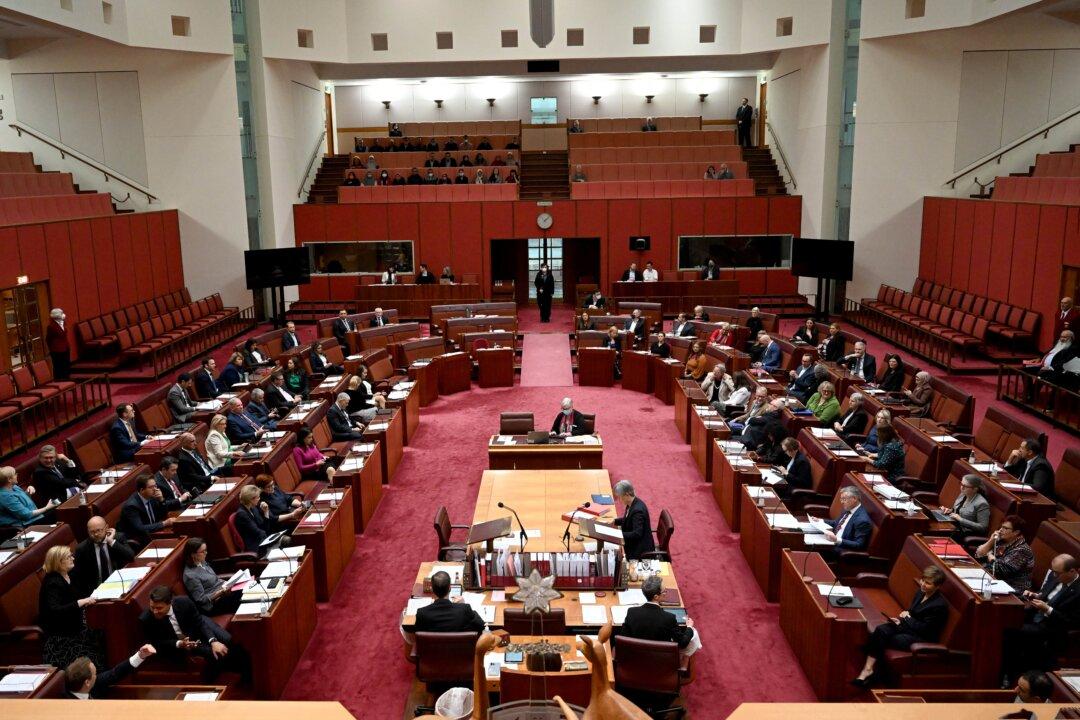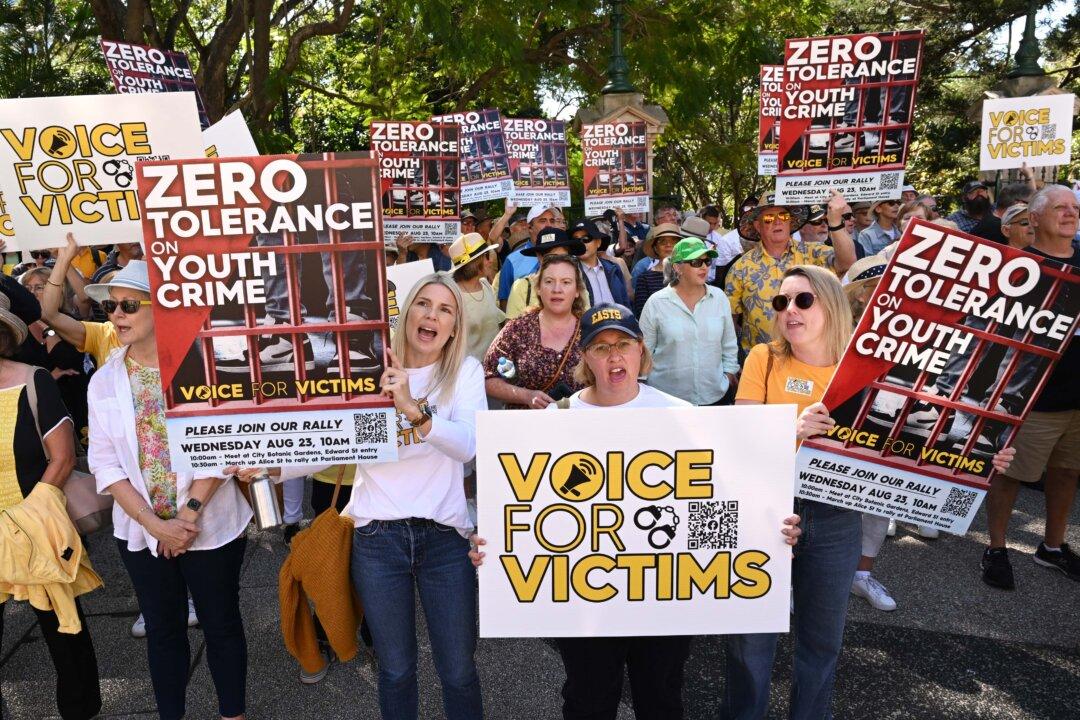United Australia Party Senator Ralph Babet, who urged the Senate to establish a Commission of Inquiry into the government response to the COVID-19 pandemic, has criticised Liberal and Labor senators who voted against his motion.
The motion lost 26 votes to 10, with the Liberal Party split over the issue.If passed, the inquiry would have had the same powers and independence as a royal commission.





